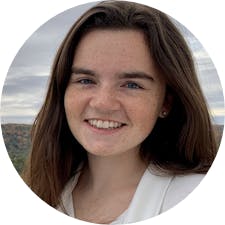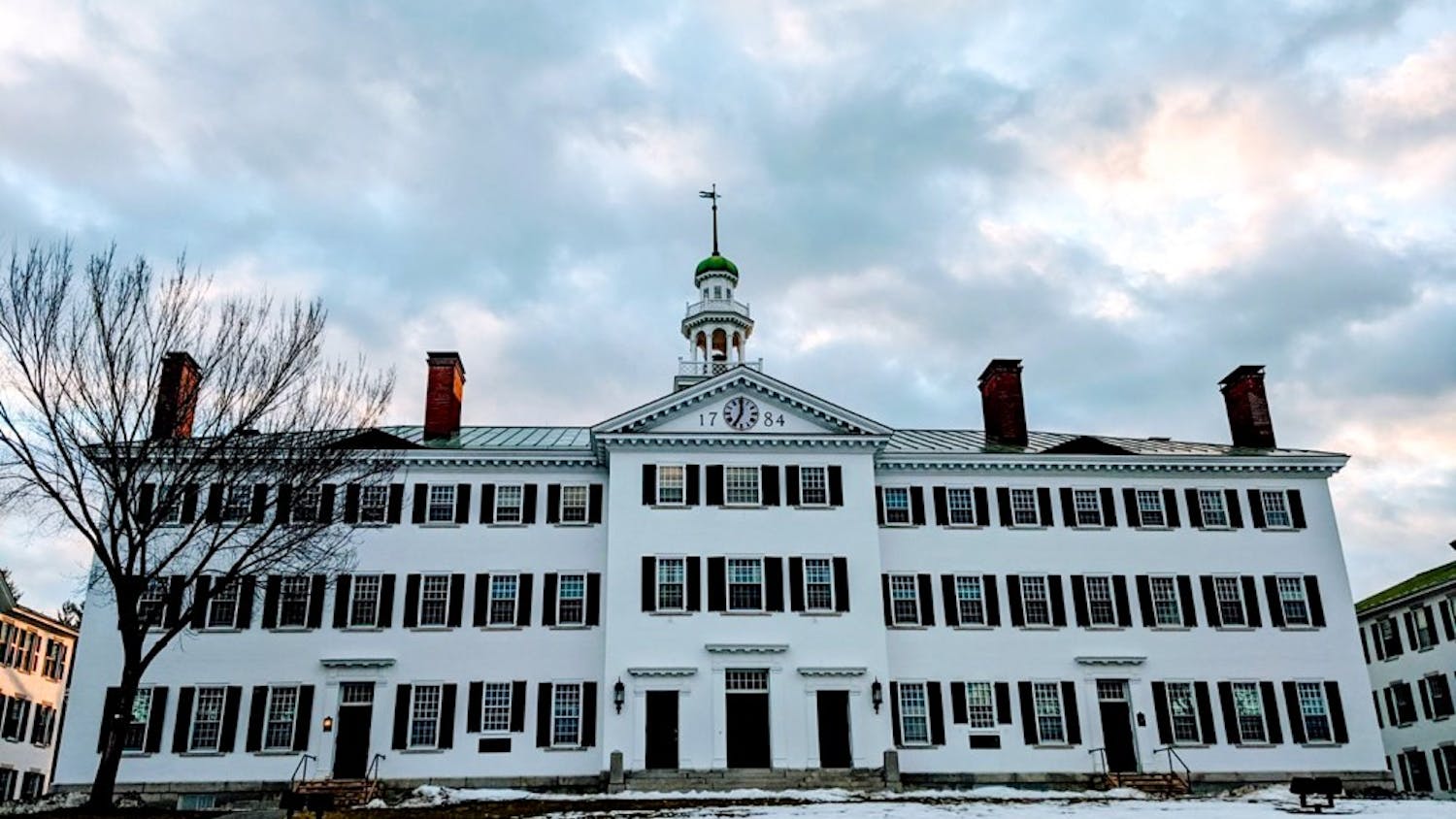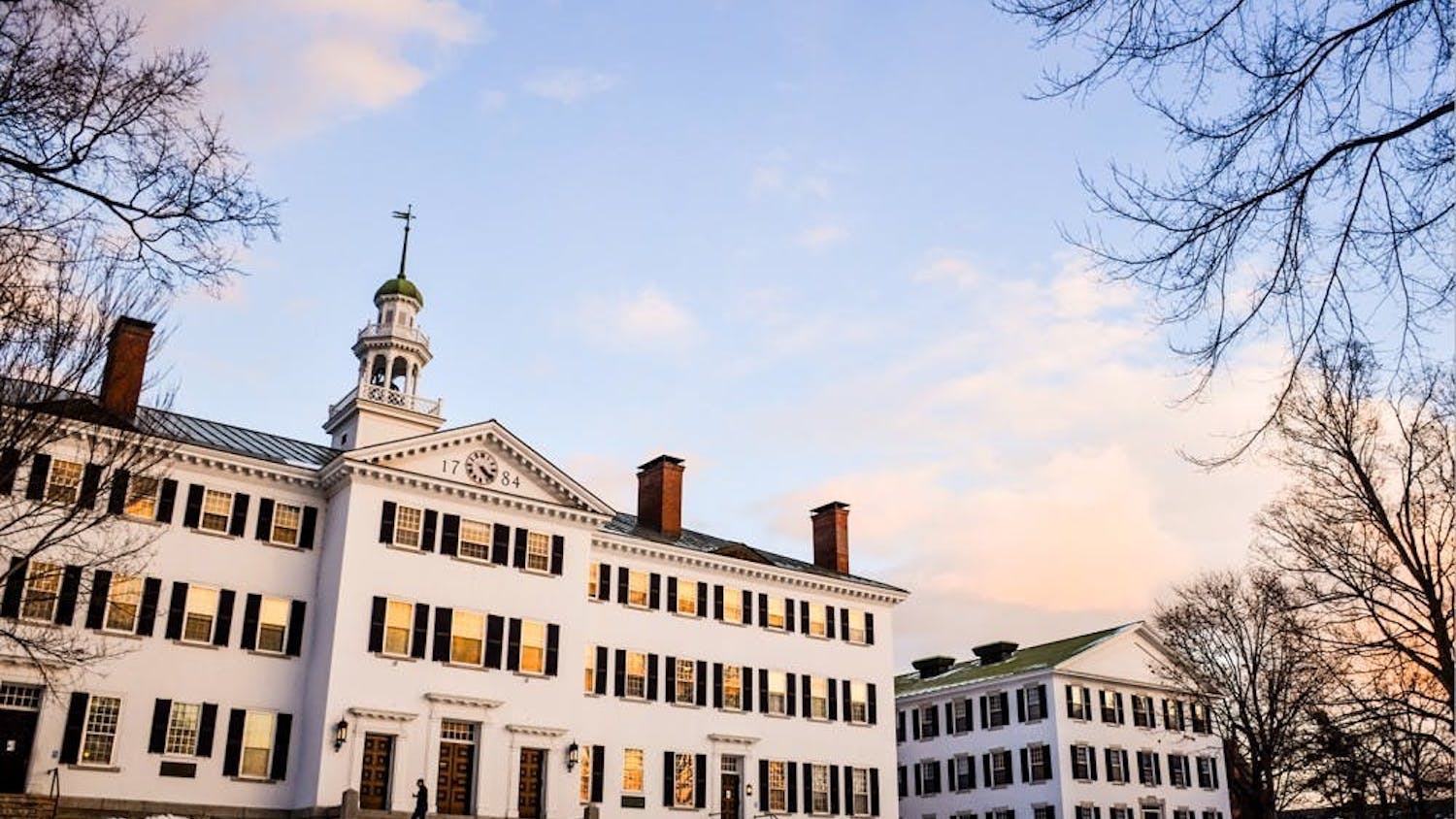Whether you love or hate the D-Plan, Dartmouth’s academic calendar makes it possible for students to travel widely throughout their time in college. Many students cite their study abroad program as the highlight of their Dartmouth experience, and some spend entire years traveling to different countries. Dennis Washburn, associate dean for international studies and interdisciplinary programs, previously called study abroad programs “the jewel in the crown of Dartmouth’s undergraduate education.” These popular programs are a key advantage of the College’s liberal arts curriculum and flexible academic schedule.
Impending budget cuts, however, are slated to significantly diminish the crown jewel’s luster. In fiscal year 2021, the College will cut the Guarini Institute for International Education’s overall budget by approximately 45%. Off-campus program budgeting will suffer a 28% cut, resulting in the College running only about 25 programs next year in lieu of its usual 40.
Although the official list of program changes has not been released, the cuts are expected to disproportionately affect language-focused study abroad programs. French and Italian professor Lucas Hollister, who coordinates French off-campus study opportunities, said he is uncertain about which specific programs will be cut.
“I don’t think we have a very good idea of exactly how many programs are being cut, and why and how that distribution has been justified,” Hollister said.
French professor Faith Beasley has been involved with study abroad programs throughout her 35 years at Dartmouth. As director of 16 study abroad programs, former chair of the Committee on Off-Campus Activities and co-creator of the women’s, gender and sexuality studies foreign study program, Beasley values Dartmouth’s mission of educating global citizens. According to Beasley, the language requirement and the Rassias method of instruction make Dartmouth stand out among peer institutions.
Roxy Holden ’21, who went on the Russian language study abroad plus in Moscow her freshman summer, described the LSA+ as a turning point in her Russian studies.
“I did Russian 1, 2 and 3, but I didn’t really have the intention to continue on,” Holden said. “After being abroad and realizing that I really loved the language and the culture and the people, I wanted to continue taking classes, so I added a second major.”
For Bonnie McKiernan ’21, a comparative literature major who decided to focus on German and Jewish studies after studying abroad twice in Berlin, the cuts come as a disappointment.
“I don’t think I would have come to Dartmouth if I hadn’t had the opportunity to go on these programs,” McKiernan said.
Beasley said that these losses represent more than simple budget cuts.
“We are witnessing a dramatic reconceptualization of a Dartmouth education, and one that I believe undermines the distinctive character of what we can offer to students,” Beasley said, adding that she believes the changes shift the College’s priorities to STEM and graduate education.
What might the future of study abroad look like? As of now, the Guarini Institute seems to be moving toward creating hybrid programs that combine language learning with other areas of study. New rollouts for the 2021-2022 school year include a German and engineering FSP in Berlin and a government and Irving Institute for Energy and Society FSP offered in association with the Russian LSA+.
Even with these new study abroad opportunities, some still worry about the elimination of multiple language programs. Whereas LSAs emphasize fluency in another language as integral to studying in foreign countries, the new hybrid programs focus more on interdisciplinary study.
“They’re not getting rid of a foreign experience, but they’re changing the nature of the foreign experience,” Beasley said. “[To] send our students abroad and say, ‘You don’t need anything but English’ — it’s an anathema to what I believe we should be teaching students.”
Although the College has yet to release a final list of program cuts, many professors and students feel that without a wide breadth of foreign study programs, students might miss out on opportunities to widen their perspectives.
“I think the sad thing would be having people just miss out on a chance to really immerse themselves in a different culture,” McKiernan said. “... If you’re living there, speaking the language, taking public transportation every day and going to the cafe and ordering in German, you get so much from that that you can’t get in the classroom.”
Correction appended (Feb. 17, 2021): A previous version of this article included a quote from Beasley denying that students "don't need anything but English to write" on study abroad programs. The article has been updated to reflect that the correct quote is "You don't need anything but English."





